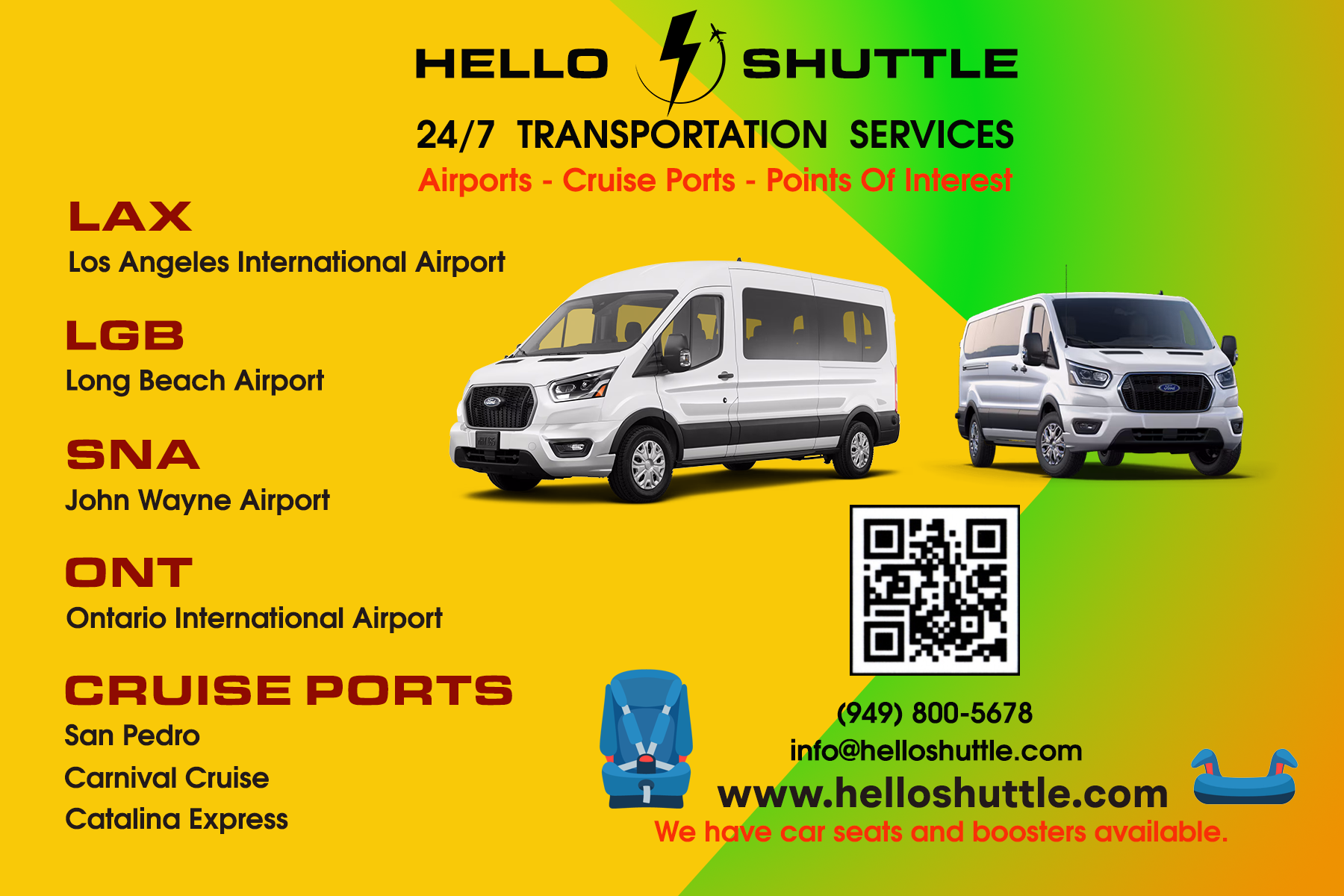
President Donald Trump achieved a rapid success in his hardline foreign policy strategy of tariffs and coercion as Colombia backed down in a dispute over deportation flights. On January 26, tensions flared between the U.S. and Colombia—longtime allies in counter-narcotics cooperation—over migration policies and trade tariffs. The clash played out in a series of public statements on social media, where Trump and Colombian President Gustavo Petro defended their opposing positions.
Petro accused Trump of disrespecting migrants during deportation procedures and announced a 25% tariff on U.S. goods. Earlier, Trump had ordered a 25% tariff on Colombian imports, which was set to rise to 50% within a week, after Petro blocked two U.S. military flights carrying deported migrants.
Retaliatory Measures and Diplomatic Pressure
President Trump described the measures as necessary to safeguard national security, asserting Petro's refusal to accept deportation flights "endangered U.S. interests."
“This is just the beginning,” Trump wrote on Truth Social. “We will not allow Colombia’s government to violate legal obligations regarding the return of its citizens who are in the U.S. unlawfully.”
Secretary of State Marco Rubio announced additional sanctions late on January 26, including visa restrictions on Colombian government officials and their families. Visa processing at the U.S. Embassy in Bogotá was also suspended. Rubio stated the restrictions would remain until Colombia resumed accepting deported nationals.
A senior U.S. official stressed the gravity of the situation: “Countries must accept repatriation flights; this is non-negotiable.”
Rubio claimed Petro “revoked permission” for the flights mid-air, prompting Washington to escalate its response with “emergency, decisive retaliation,” including tariffs and a travel ban targeting Colombia’s leadership.
Petro countered by stating his government would only accept deportation flights once migrants were treated “with dignity.” He posted videos of deportees in Brazil walking down tarmacs in shackles, calling for respectful treatment.
"Deportees are not criminals and should be treated as human beings," Petro declared on social media. "When the U.S. ensures this, we will welcome our citizens back.”
Resolution and Suspension of Sanctions
By late evening, the White House announced that Colombia had agreed to Trump’s terms. The Colombian government consented to accepting deportees, including on U.S. military aircraft, without conditions or delays. In exchange, the U.S. suspended planned tariffs and financial sanctions, though visa restrictions on Colombian officials and enhanced customs checks on Colombian goods remained in place until the first deportation flight was completed successfully.
“This demonstrates that America is respected once more,” White House Press Secretary Karoline Leavitt said in a statement. “President Trump will continue to strongly defend U.S. sovereignty.”
Petro later announced that Colombia would deploy the presidential aircraft to facilitate the dignified return of Colombian nationals.
Frayed Relations Between Longtime Allies
Traditionally a key ally of the U.S. in Latin America, relations with Colombia have cooled since Petro’s 2022 election as Colombia’s first leftist president. His administration has sought greater independence from Washington.
According to Witness at the Border, Colombia received 475 U.S. deportation flights between 2020 and 2024, ranking fifth after Guatemala, Honduras, Mexico, and El Salvador. In 2024 alone, 124 flights landed in Colombia. Recently, Colombian migrants have made up a growing proportion of arrivals at the U.S.-Mexico border, partly due to visa-free travel to Mexico.
Economic Impact and Trade Risks
Trump’s tariffs could undercut U.S. efforts to reduce trade deficits. Unlike Mexico or China, Colombia has a modest trade surplus with the U.S., totaling $1.4 billion in 2023. Colombia is also the second-largest buyer of U.S. corn and animal feed, supporting exports from agricultural states like Iowa and Nebraska.
The surge in U.S. exports was spurred by a 2006 free trade agreement between the nations. It remains unclear whether Trump’s tariffs comply with this agreement’s dispute resolution provisions.
Additionally, Colombia is the fourth-largest overseas supplier of crude oil to the U.S., exporting approximately 209,000 barrels per day in 2024, and the largest supplier of fresh-cut flowers to the U.S.
While Trump’s rapid victory signals his administration’s willingness to escalate economic pressure, it raises questions about the long-term implications for U.S.-Colombian relations and trade stability.
(Source: AP, CNN)
Hello Shuttle will strive to bring the latest updates. At the end of the day.
Are you looking for reliable airport and cruise port transfer services in Los Angeles?
We offer professional, safe, and punctual transportation from
Los Angeles Airport - LAX
Long Beach Airport - LGB
John Wayne Airport - SNA
San Pedro cruise port
Long Beach cruise port
Disneyland
and other destinations.
Let us make your journey stress-free and comfortable with our dedicated drivers and high-quality vehicles. Book now for the perfect travel experience at www.helloshuttle.com or call 944-800-5678!


